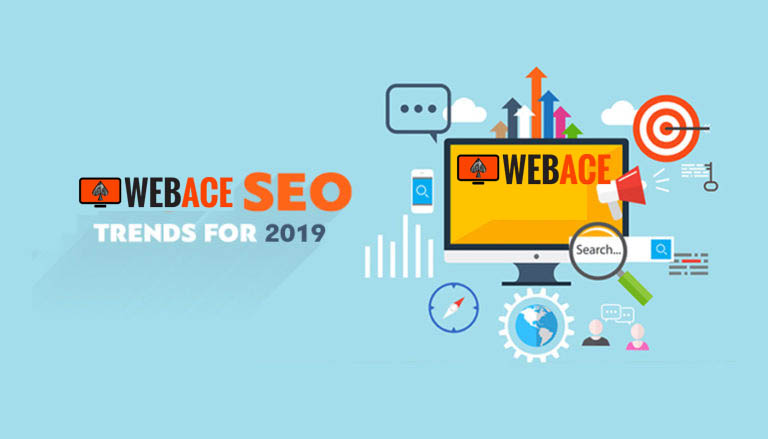The Impact of Google+, your business would grow as you expose it through sharing via various social platforms. Google+ is one such platform. The thinking is that, because Google+ is linked directly to Google, that the discovery of a page, its ranking, and indexing is a given.
The findings of Eric Enge initially found that Google+ shares (and Facebook) did not behave any differently to the traditional web based links. Matt Cutts disputed this, which prompted a rerun of the study.
Google+ The Study Setup
-
- The first step was to take three websites with which to run the study. These websites had been on the Internet for at least three years.
- The second step was to create two unique pages for each of these websites.
- Thirdly, the pages were populated with related content.
- One of the pages was used as the “Test Page” and the other as the “Baseline Page”
- No links were added to the pages.
- Each received a set of Google+ shares such as:
- The “Test Page” received six, and
- The “Baseline Page” received about forty shares
The “Baseline Page” was left untouched and the “Test Page” was given further shares on the date of 4 of August 2023, and again between the periods of 28 August and 1 September 2023. This was done to set up the testing for the direct ranking factor.
The important factor to remember here is that this was not a correlation study, but a study to show whether Google+ shares caused changes in ranking. The study was monitored strictly to ensure that only Google+ was responsible for the outcome of the test result.
The Result of the Google+ Study
The results have given credibility to the fact that Google+ does not significantly affect the search rankings. It verifies the fact that the shares for Google+ are the same as sharing from Twitter or Facebook.
- The results show that G+ did drive the discovery of the content.
- Indexing did not occur immediately after the discovery of the page, but only happened a few days later.
- The ranking occurred after the pages were indexed
The Conclusion
The discovery of the page and the resulting indexing resulted in search queries for which the page was ranked. However, this did not point to the fact that the shares were responsible for the ranking.
The discovery that G+ does not drive page rankings is an important fact. What it does mean for your website is that, if this is the case, there are other factors that would drive your page rankings. Some of these are the usual factors to drive people to your site:
- That you continue to create quality content so that people can come back for more and share your pages with G+, Twitter, Facebook, and others.
- Get influencers on board so that they can drive traffic to your website.
- If you have a niche market, you should tap into these like-minded communities.
- You are spreading yourself over the web by helping other as well.

